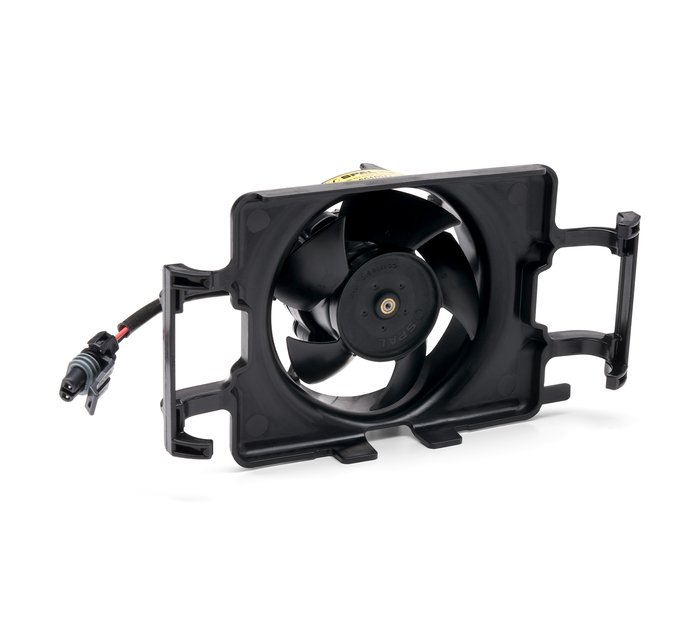Have you ever heard of engine oil turning into jelly? It may sound strange, but it’s a real problem that some car owners face. In this article, we will explore the causes of jelly engine oil and discuss the solutions to help you repair your vehicle. So, let’s dive in!
What causes engine oil to turn into jelly?
The most common cause of engine oil turning into jelly is a water/antifreeze leak into the crankcase caused by a crack in a casting, a leaking seal/plug, or a gasket failure. This leakage introduces moisture to the engine oil, resulting in the formation of a gel-like or semi-solid deposit called oil sludge. This sludge can create a catastrophic buildup and lead to engine problems.

Credit: www.harley-davidson.com
How does oil sludge form?
Oil sludge is often the result of contaminated engine oil. It occurs when moisture and/or high heat are introduced to the engine oil. Over time, the oil deteriorates, thickens, and breaks down into sludge. This sludge can then clog important engine components and hinder proper lubrication, leading to increased friction and wear.
Repairing jelly engine oil
Now that we understand the causes of jelly engine oil, let’s discuss the possible solutions to repair this issue.
1. Disassemble and Find the Problem
The first step in repairing jelly engine oil is to disassemble the engine to identify the source of the problem. This may involve checking for cracks in castings, leaks from seals or plugs, and examining gaskets for failures. Once the issue is identified, appropriate repairs or replacements can be made.
2. Sludge Removal Products
After repairing the underlying problem, using sludge removal products during your next oil change can help clean the engine internally and flush out the sludge. Engine flushes and oil treatments are designed to break down the sludge and remove it from the system, allowing fresh oil to be added.
3. Regular Oil Changes
Prevention is always better than cure. To avoid the formation of oil sludge, it is crucial to change your engine oil frequently. Regular oil changes help in maintaining clean and properly functioning engine oil, reducing the chances of sludge formation.
Conclusion
Jelly engine oil can be a frustrating and potentially damaging problem for car owners. Understanding the causes of this issue and taking appropriate steps to repair it is vital. By disassembling the engine, identifying the problem, using sludge removal products, and performing regular oil changes, you can successfully repair jelly engine oil and ensure the smooth operation of your vehicle.



